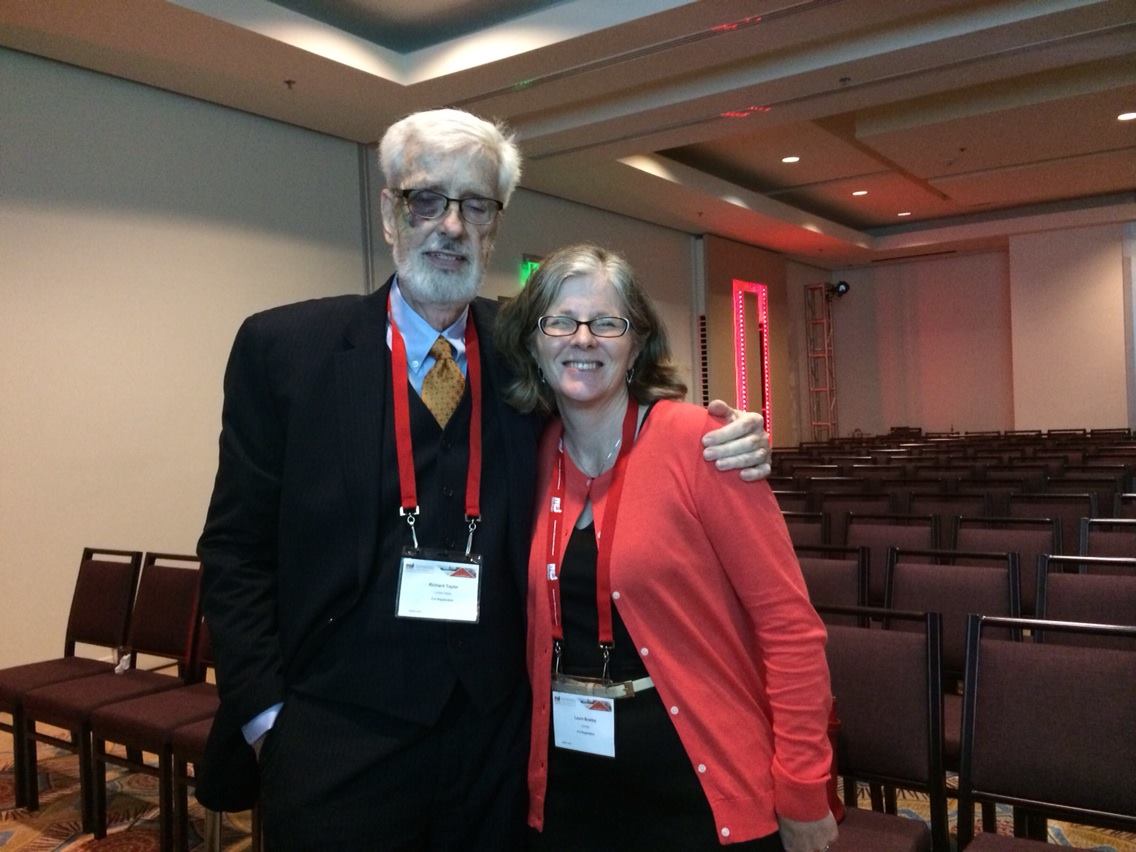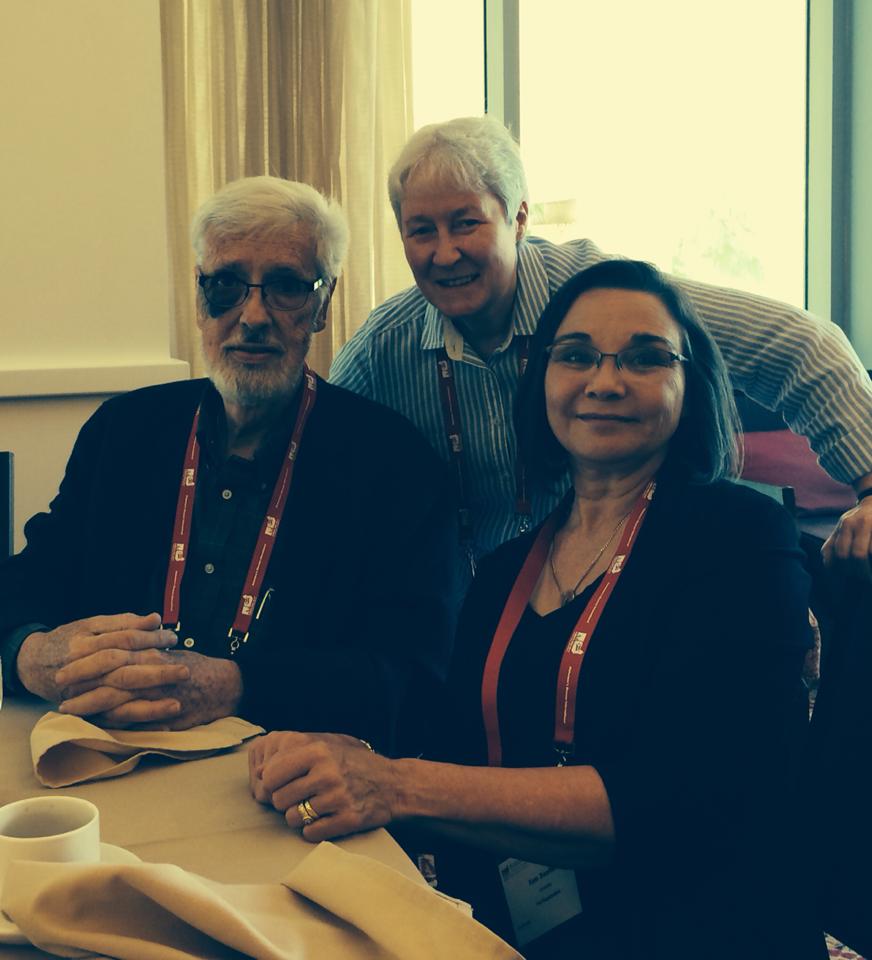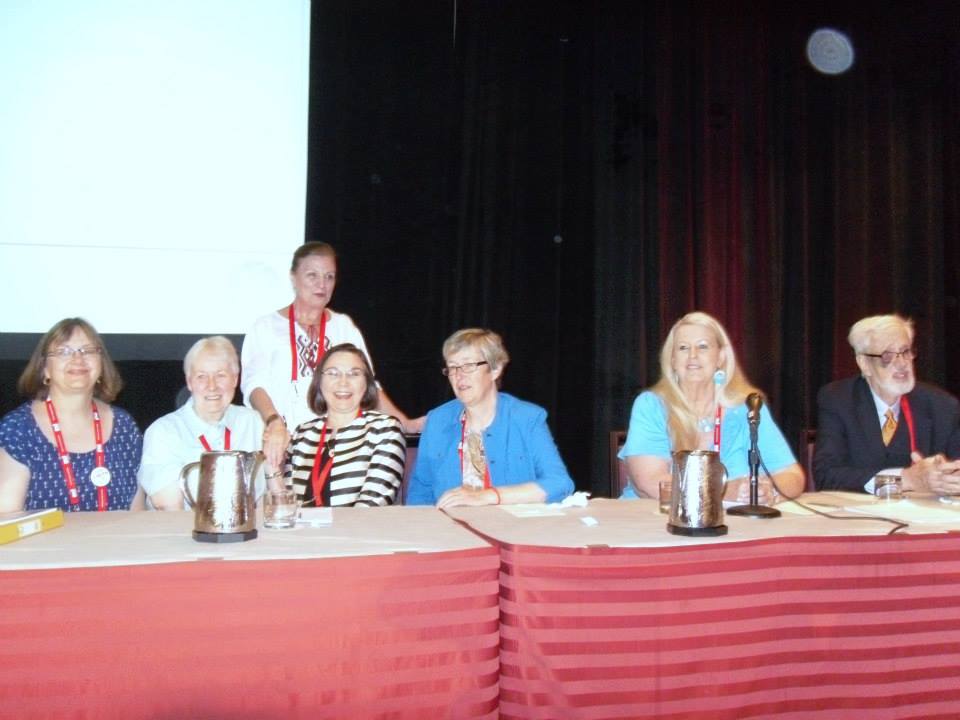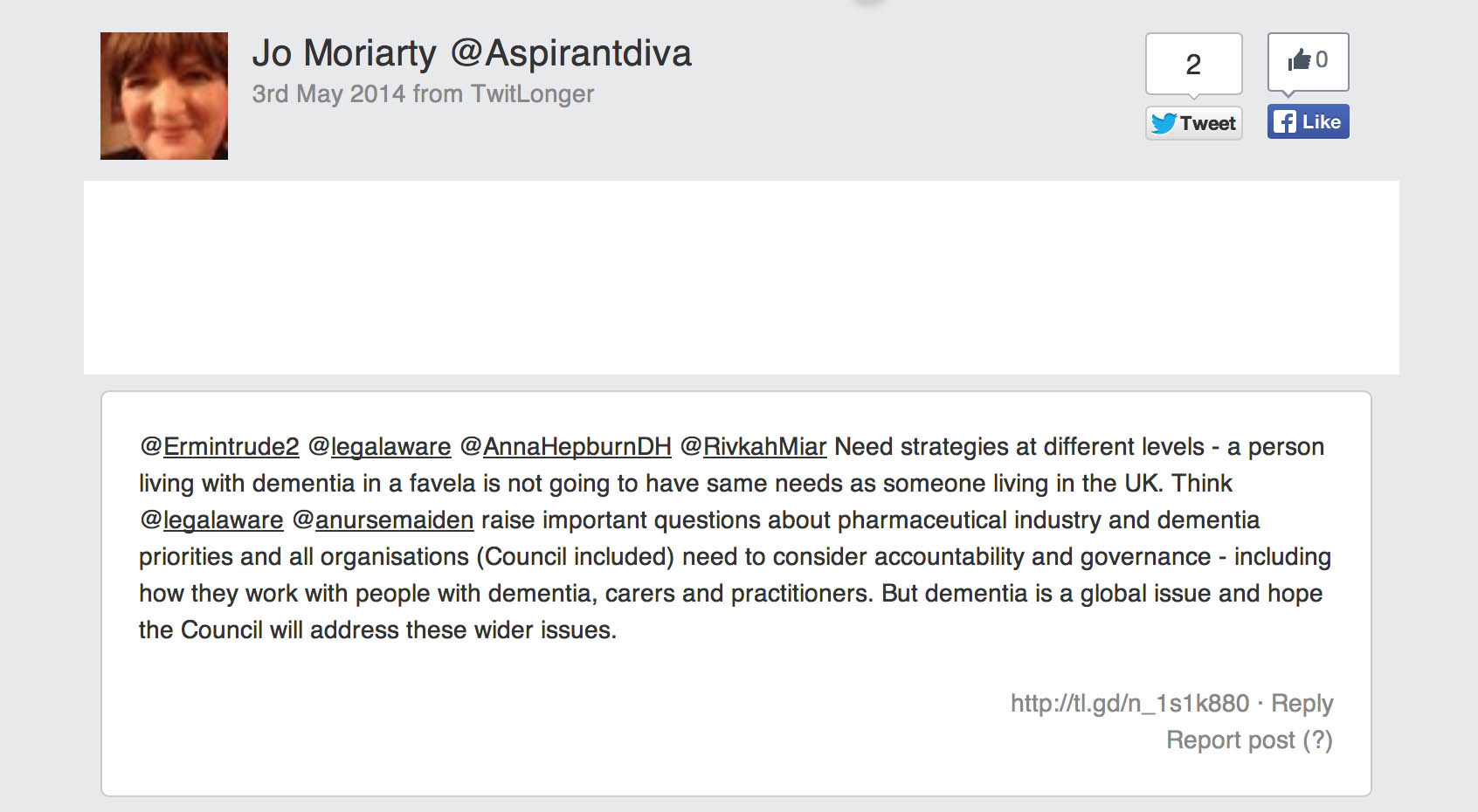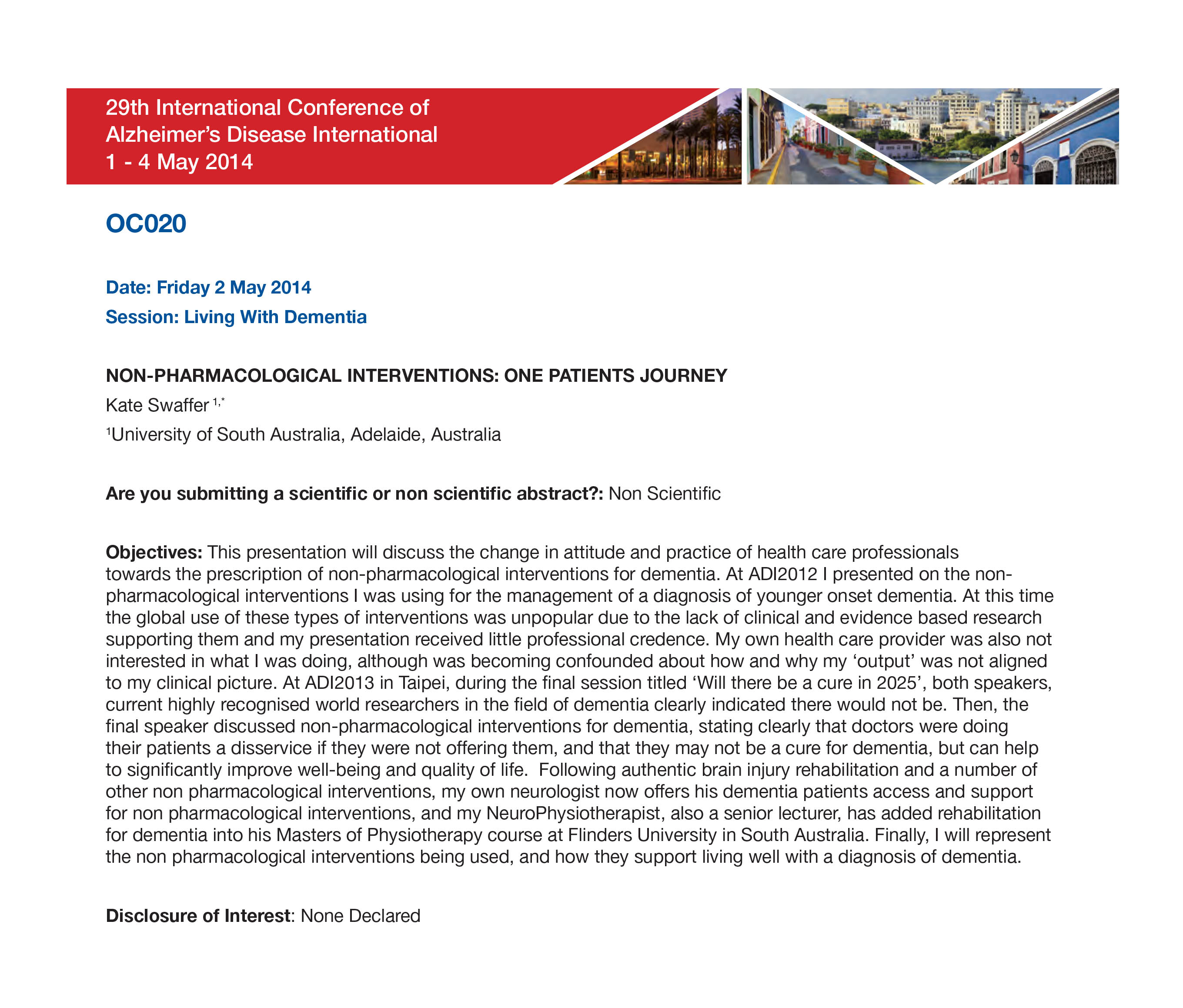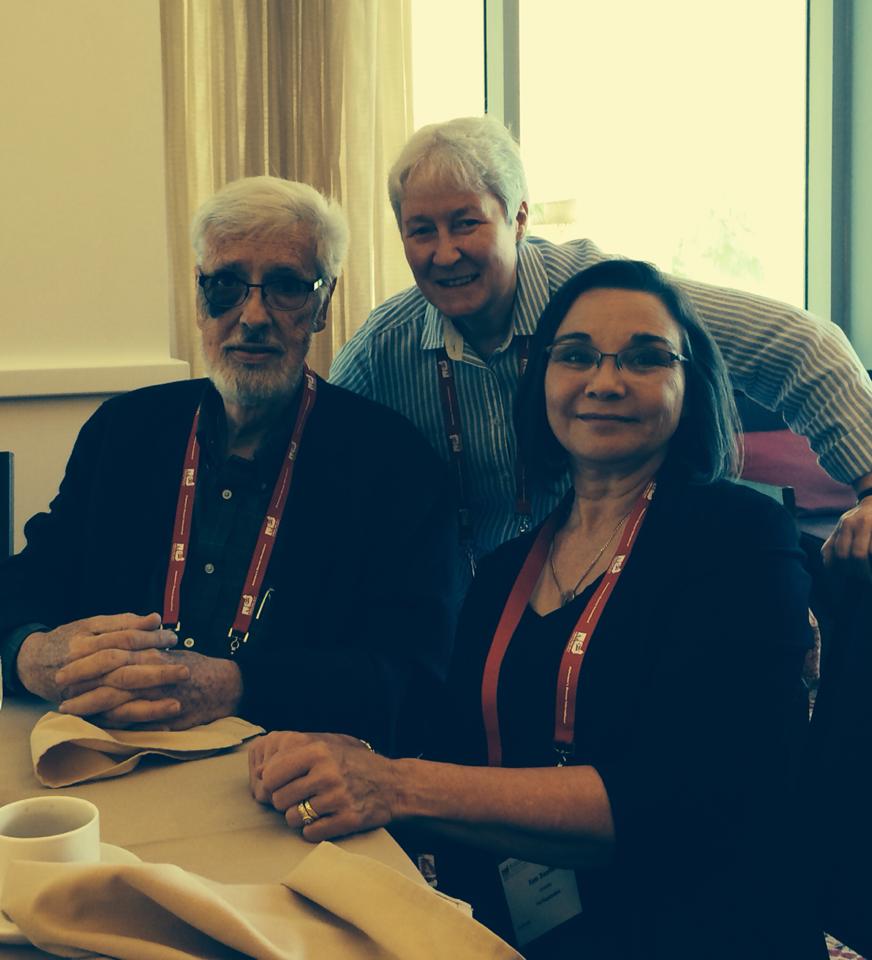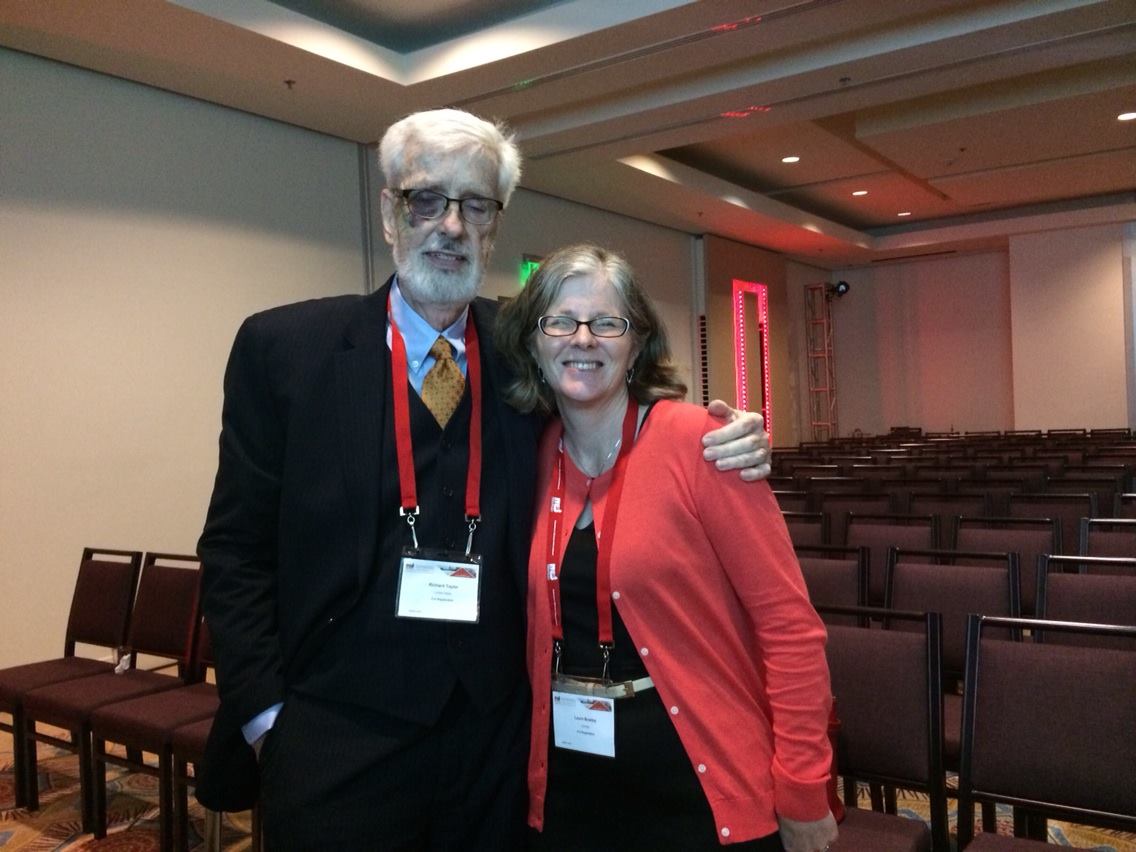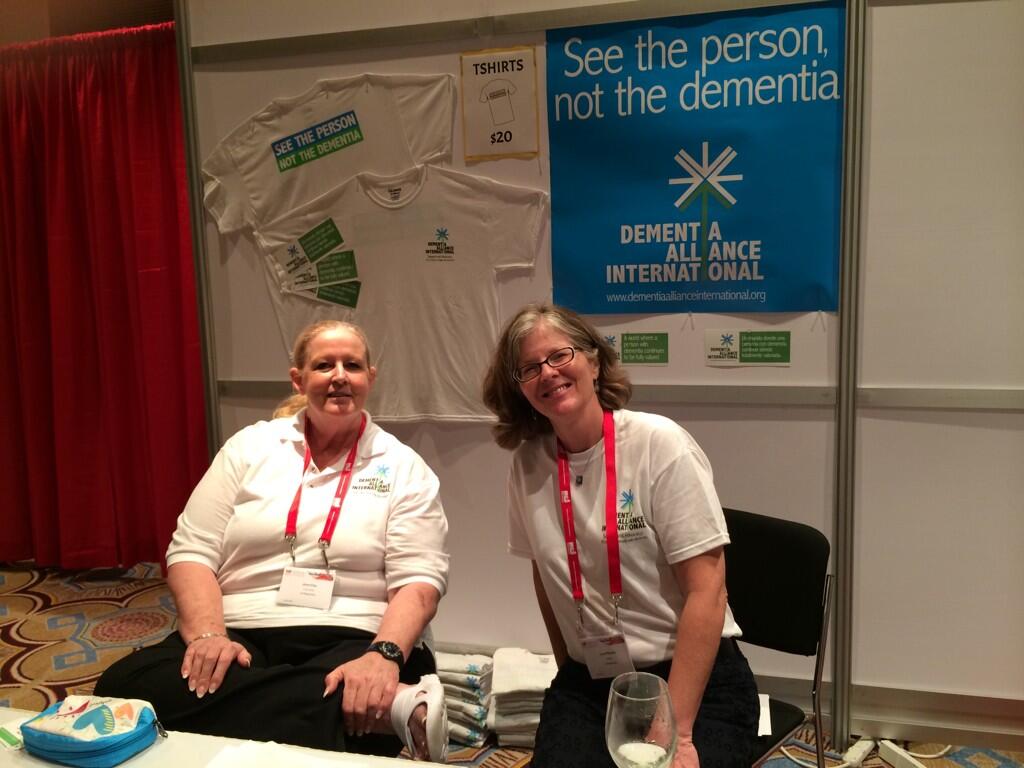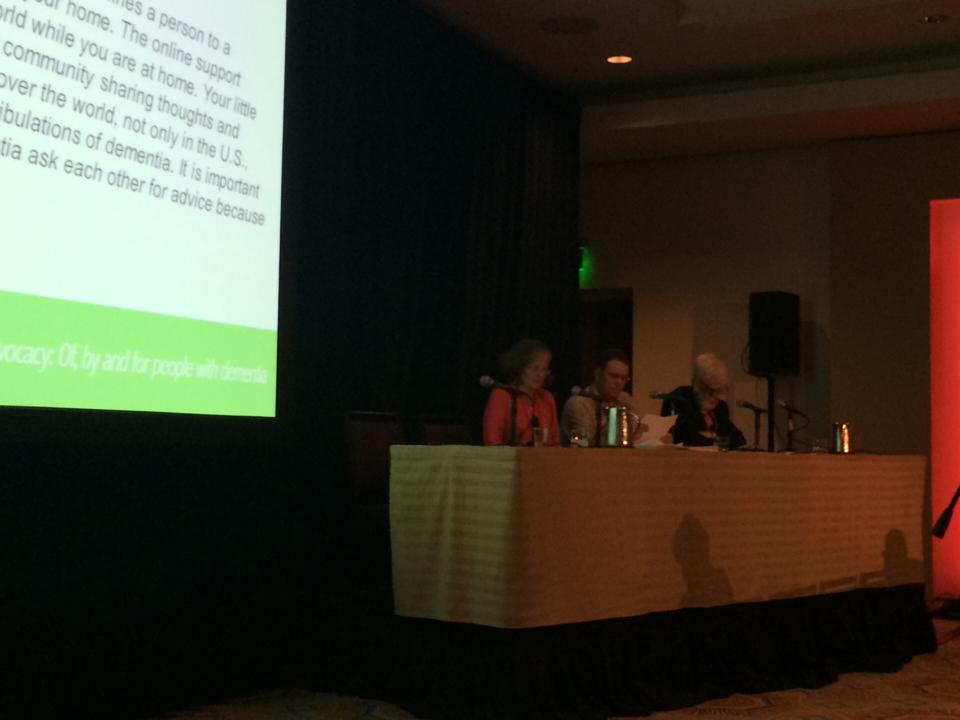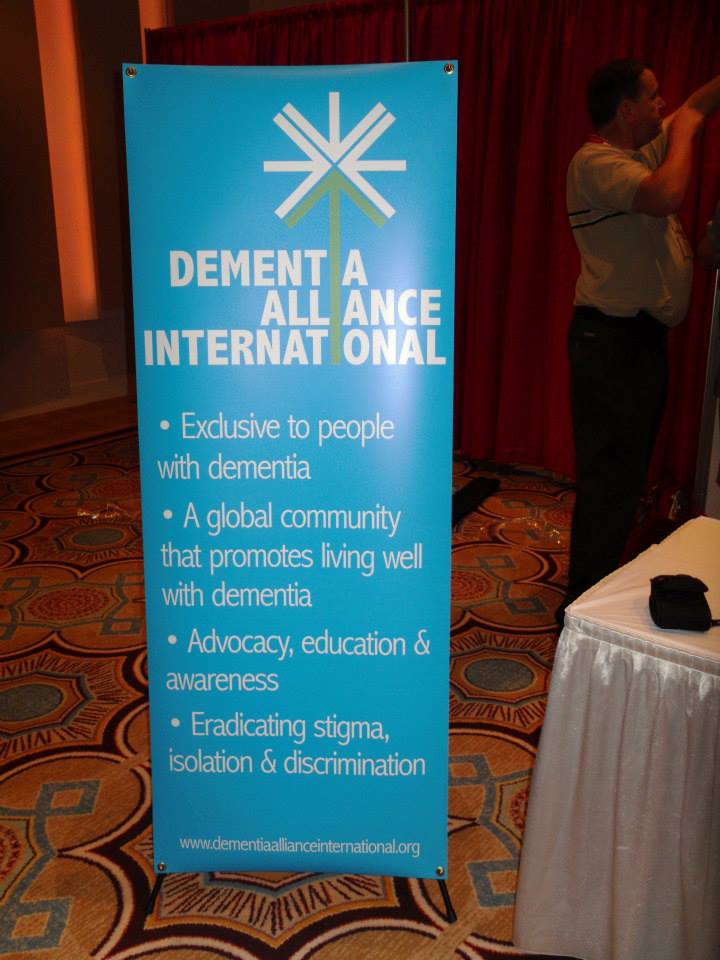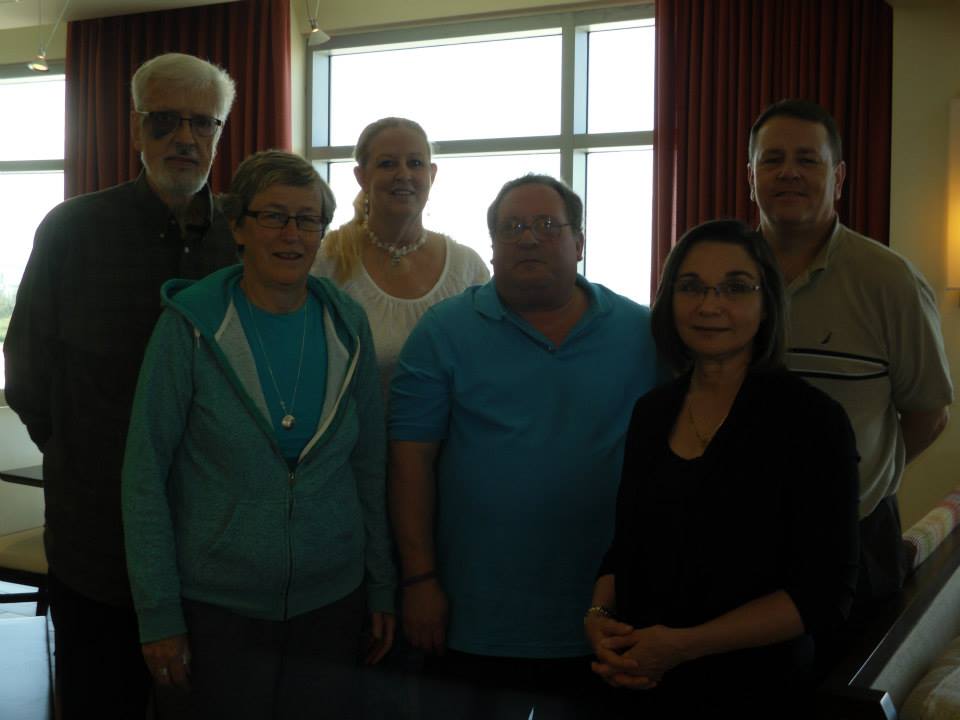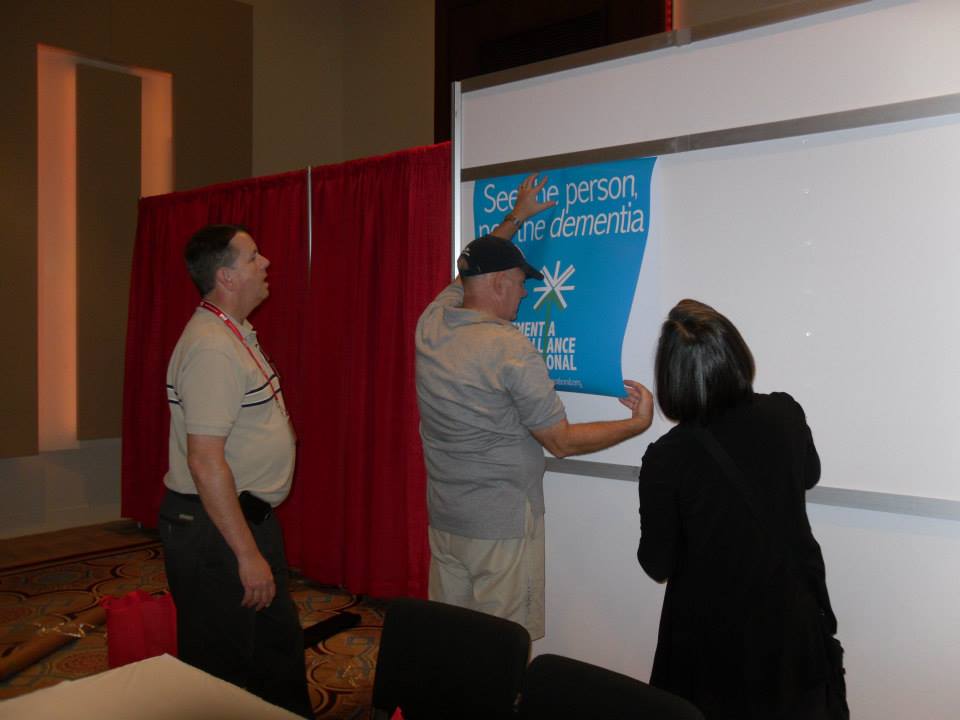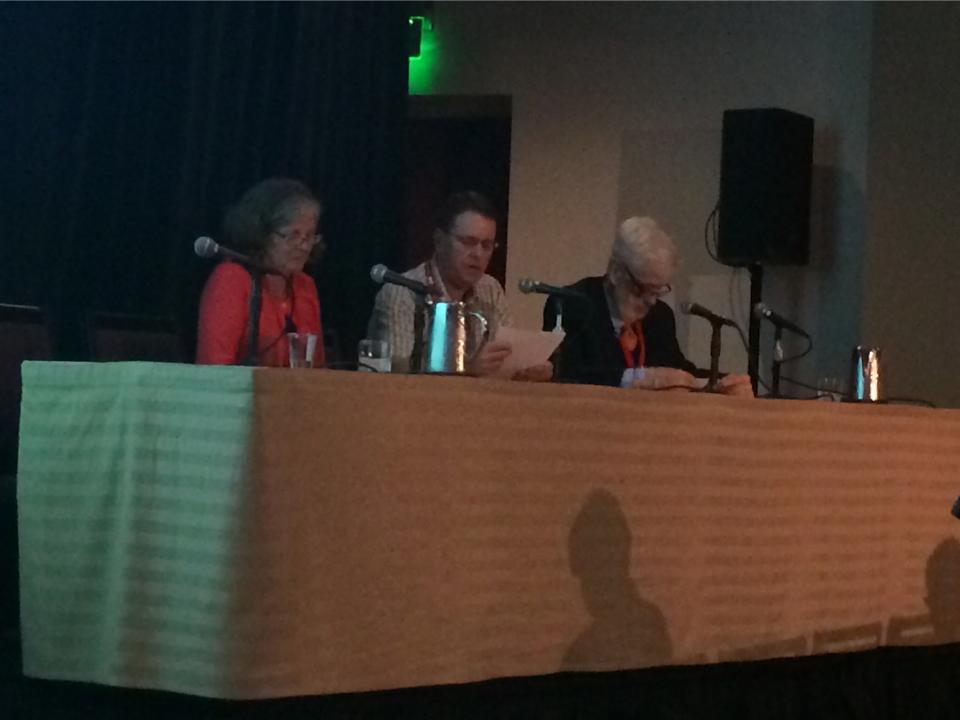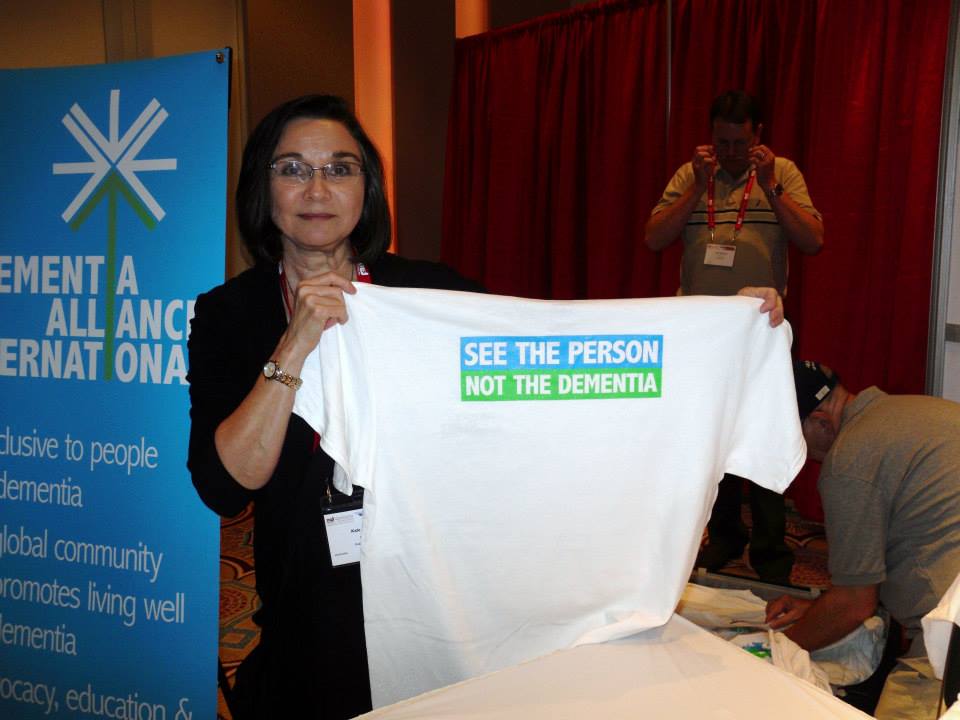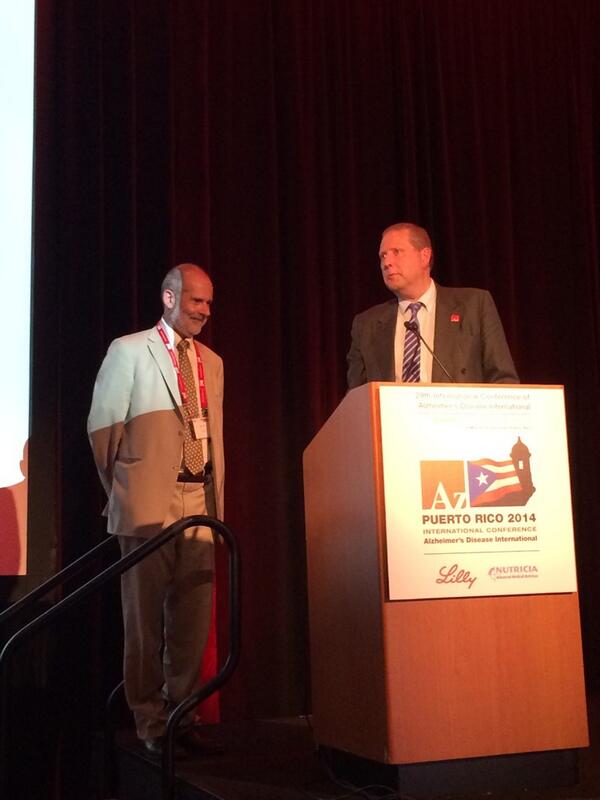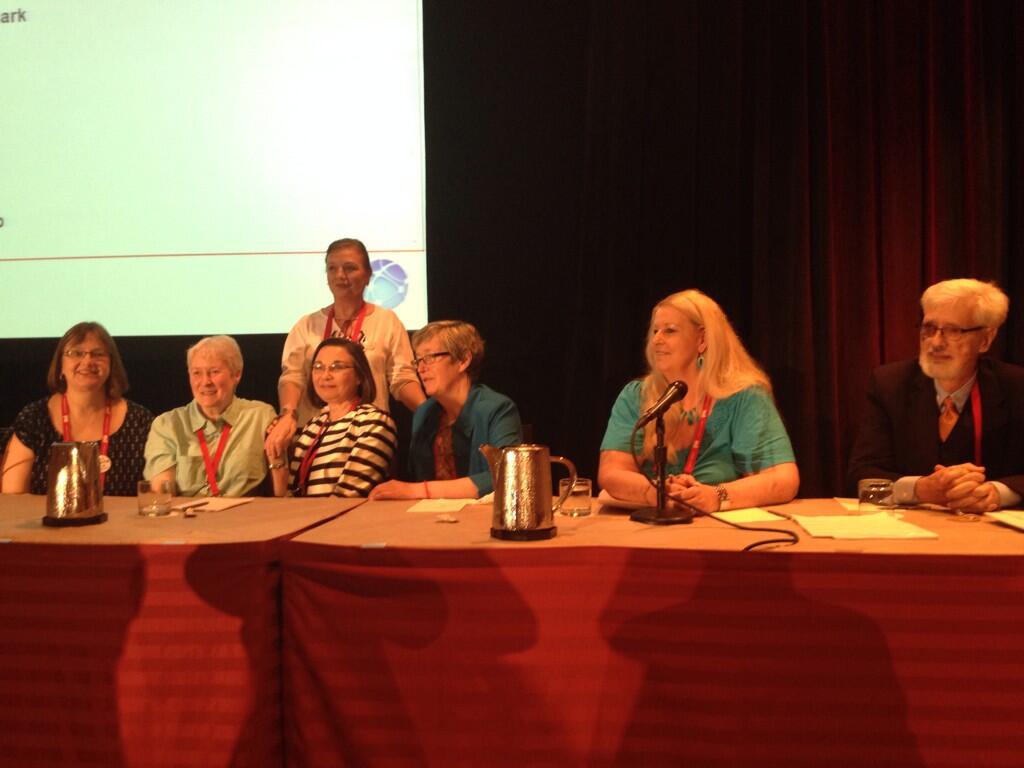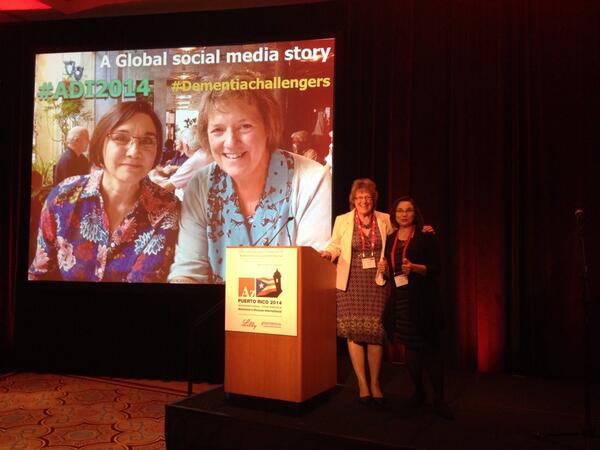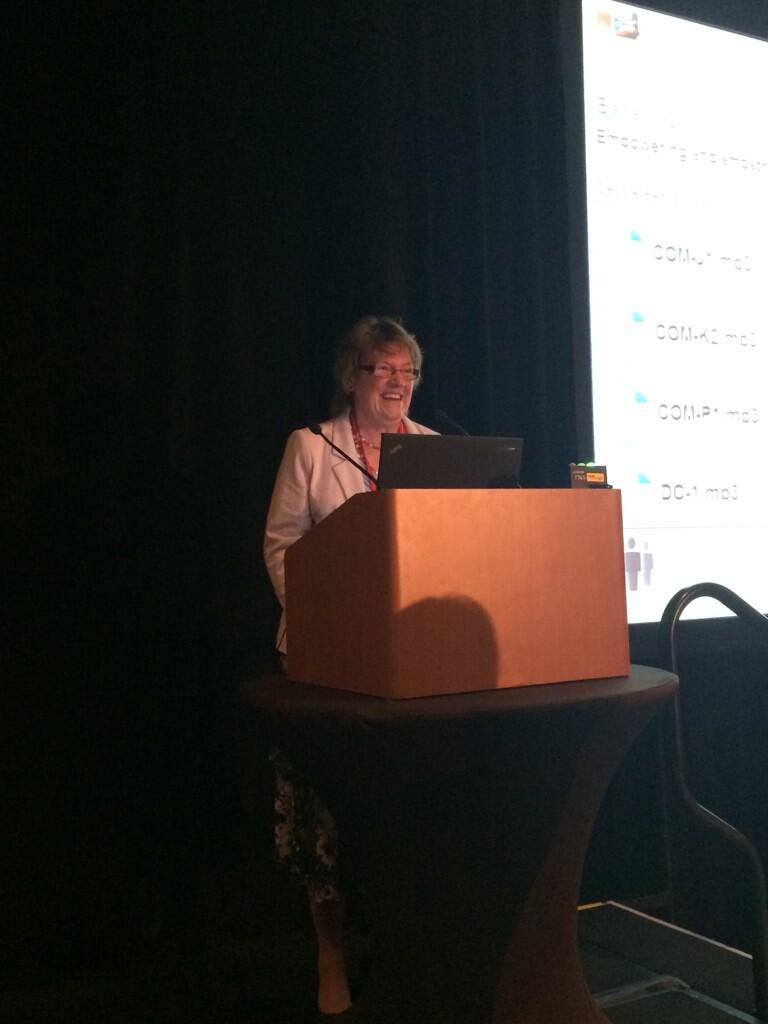In a missive from the Australian Government, Department of Health, it is stated that,
“Dementia is predicted to become the leading cause of disability in Australia by 2016. For these reasons, the Government will take a proposal to the next meeting of Commonwealth, State and Territory Health Ministers that dementia be added to the existing list of eight National Health Priorities.”
Indeed, their Government is introducing a new Dementia Supplement to provide additional financial assistance for dementia care in recognition of the additional costs involved. There will be a significant increase in the number of people eligible for additional assistance as a result of this measure.
This year, at the #ADI2104 conference currently being held in San Juan, Puerto Rico, Noriyo Washizu from the Alzheimer’s Association Japan described how people with dementia can need support and “care in all areas of life 24/7. To achieve Living well with dementia, both of the social resources to meet the special needs of PWDs and their families and case managements ability to utilize them with a sense of ethics are crucial. Along with the development of an aging society, case management in dementia is required to focus more on the whole community and to be more integrated.”
Considering dementia as a form of disability is an important policy issue. In the English jurisdiction, a disability has to be sustained for a certain arbitrary period of time to satisfy the case law. For a chronic progressive irreversible dementia, i.e. the vast majority of dementias such as Alzheimer’s disease, this is likely to be the case. This therefore throws the legal onus onto one of equality, as disability is a protected characteristic, and away from the more gimmicky offerings popular in the English jurisdiction which in reality offer no additional financial support for people with dementia or their carers.
Kate Swaffer, affiliated in this context to the University of South Australia, Adelaide, Australia, had a chance to present her ‘prescribed disengagement’ thesis on September 3 May 2014.
Kate described in November 2012 the following:
“Following diagnosis, my specialists all told me ‘to give up work, give up study, and go home for the time I had left’! I quickly termed this prescribed disengagement, and thankfully I eventually chose to ignore it. Why is it that one day I was studying a double degree, working full time, volunteering, raising a family and running a household with my husband, and the next day, told to give up work, and give up life as I knew it, and start ‘living’? This prescribed dis-engagement sets up a chain reaction of defeat and fear, which negatively impacts a person’s ability to be positive, resilient and proactive.“
She yesterday then described two models of care, one experience supporting continuing engagement, including employment for people with younger onset dementia; the medical model of Prescribed Disengagement versus the disAbility model of Continuing Engagement used in universities.
Following a diagnosis of younger onset dementia, Kate was advised to give up work, give up tertiary studies, and go home to live for the time she had left. It was at this time she termed this Prescribed Disengagement.
Kate writes in her abstract,
“The medical model of care prescribed disengaging from my pre-diagnosis life, which supports and exacerbates social inequality, stigma, isolation and discrimination. If I had been advised to use the disability model of care beyond my university campus, I would have been able to remain in paid employment, and if the symptoms of dementia were seen as disabilities, my employer would have been legally obliged to support continuing employment.”
This is significant from a policy perspective. If there were a system of ‘care coordinators’, perhaps who had especial expertise in advocacy for issues concerning the dementias, it might be that such coordinators could lobby local authorities for financial support so that they could meet their legal obligations in making ‘reasonable adjustments’ for people with dementia. This should not be something that people with dementia should be expected to ‘fight for’. It should be an essential aspect of dementia care and support provision.
Kate also briefly discussed a volunteering project in Adelaide South Australia which supports “the disability model of care.”
Kate writes,
“Treating the symptoms of dementia as disabilities rather than managing them in ways that restrict are vital to well-being, quality of life and motivation. The significant and positive social and financial impact on the person with dementia, their families, and society of being able to stay meaningfully engaged, as well as choosing to remain employed, and its impact on a person’s quality of life, is the final topic of this presentation. ”
And this, ladies and gentlemen, is what I believe policy should be heading to.
Not ‘counting the cost’ of people with dementia, framing the article as a financial burden we should all resent paying for, but valuing the contribution of people with dementia and close caregivers for what they can bring to society in a whole manner of ways.
And of course people with dementia need to be recognised as individuals, with diversity. The massive problem with the term ‘dementia friendly’ is that it encourages a notion of dementia as a homogeneous mass with all one big diagnosis, label and severity, and encourages a ‘them against us’ approach. Being inclusive and integrated are not necessarily the same.


